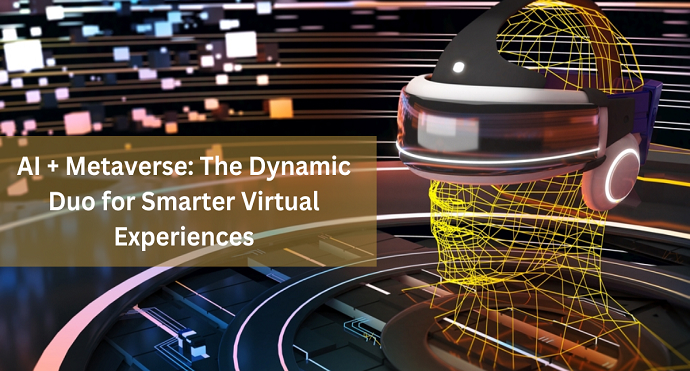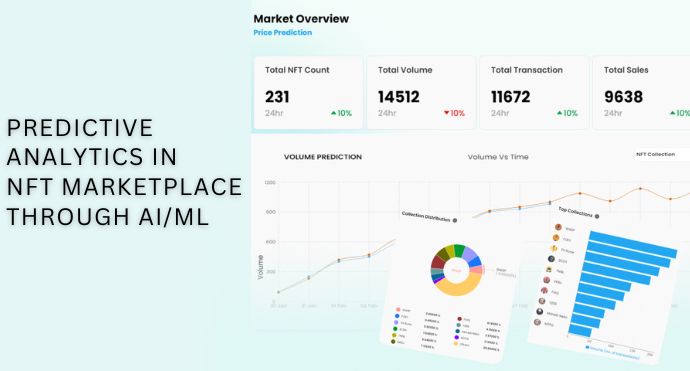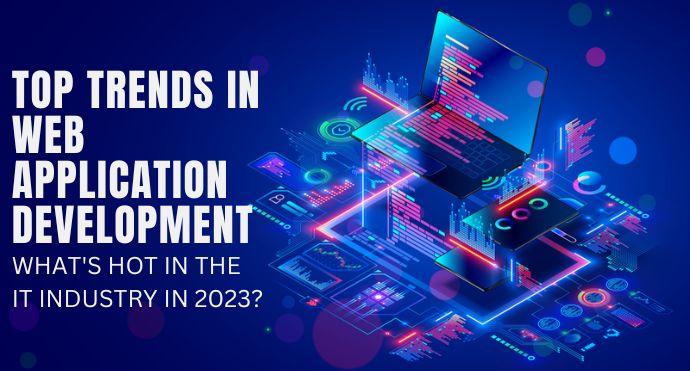In recent years, the concept of the metaverse has captured the imagination of both technologists and the general public. A metaverse is a virtual reality space where users can interact with a computer-generated environment and other users in real-time. With the rapid advancements in artificial intelligence (AI), the combination of AI and the metaverse has the potential to revolutionize the way we experience virtual worlds. In this blog post, we will explore how AI and the metaverse can synergize to create smarter and more immersive virtual experiences.
The metaverse is a hot topic in the tech world, with many companies investing heavily in its development. But what exactly is the metaverse, and how will it change the way we interact with the world around us?
The metaverse is a virtual world that is created by the convergence of various technologies, such as virtual reality (VR), augmented reality (AR), and the internet. It is a place where people can interact with each other, with digital entities, and with the real world in a more immersive and interactive way than ever before.
Artificial intelligence (AI) is another key technology that is essential to the development of the metaverse. AI can be used to create more realistic and immersive virtual environments, to generate personalized content and experiences, and to automate tasks.
When AI and the metaverse are combined, they create a powerful new platform for innovation. AI can be used to make the metaverse more immersive, interactive, and personalized. It can also be used to automate tasks and create new forms of content and experiences.
How AI is being used to create smarter virtual experiences in the Metaverse
Here are some of the ways that AI is being used to create smarter virtual experiences in the metaverse:
Creating more realistic and immersive virtual environments: AI can be used to generate realistic 3D models of objects and environments. This can make virtual worlds more believable and engaging for users.
Generating personalized content and experiences: AI can be used to generate personalized content and experiences for users. This can be done by analyzing user data to understand their preferences and interests.
Automating tasks: AI can be used to automate tasks in the metaverse, such as customer service, moderation, and content creation. This can free up users to focus on more engaging and productive activities.
Creating new forms of content and experiences: AI can be used to create new forms of content and experiences in the metaverse. This could include things like interactive games, educational simulations, and social gatherings.
The potential of AI and the metaverse to revolutionize the way we interact with the world around us.
The combination of AI and the metaverse has the potential to revolutionize the way we interact with the world around us. It could create new opportunities for education, entertainment, and business. It could also help us to connect with others in new and meaningful ways.
For example, AI could be used to create virtual worlds that are tailored to specific educational needs. Students could learn in a more immersive and interactive way, and they could also collaborate with other students from around the world.
In the entertainment industry, AI could be used to create new forms of interactive games and simulations. Players could experience new worlds and challenges in a more realistic and engaging way.
In the business world, AI could be used to create new forms of virtual collaboration and training. Employees could work together on projects in a more immersive and interactive way, and they could also receive training in a more personalized and effective way.
The metaverse is still in its early stages of development, but it is clear that AI will play a key role in its future. As AI continues to evolve, the metaverse will become more immersive, interactive, and personalized. This will create new opportunities for businesses and individuals to explore and interact with the world in new ways.
How AI Enhances Personalization and Interaction in the Metaverse
1. Personalized Avatars and Virtual Identities:
One of the key aspects of the metaverse is the ability to create and customize avatars to represent ourselves in the virtual world. With AI, these avatars can become even more lifelike and personalized. AI algorithms can analyze a user’s facial features, expressions, and mannerisms to create virtual identities that closely resemble their real-life counterparts. This level of personalization enhances immersion and enables users to truly embody their virtual presence.
2. Natural Language Processing and Virtual Interactions:
AI-powered natural language processing (NLP) algorithms can greatly enhance virtual interactions within the metaverse. Users can engage in seamless conversations with virtual characters, who can understand and respond intelligently to their queries and commands. This opens up a wide range of possibilities, from virtual assistants guiding users through virtual environments to virtual tutors providing interactive and personalized learning experiences.
3. Intelligent Virtual Environments:
AI can make virtual environments within the metaverse more intelligent and dynamic. By using machine learning algorithms, virtual worlds can learn and adapt to user behavior. For example, AI can analyze user preferences and behaviors to generate personalized recommendations for activities, events, or virtual spaces that align with their interests. Additionally, AI can optimize the performance and efficiency of virtual environments, ensuring a smooth and lag-free experience for users.
4. AI-Generated Content and Real-Time Updates:
Creating vast and engaging virtual worlds requires a significant amount of content. AI algorithms can assist in generating and populating virtual environments with diverse and dynamic content. From procedurally generated landscapes to AI-authored narratives, the possibilities are endless. Moreover, AI can continuously update and modify virtual worlds in real-time, introducing new challenges, characters, and events to keep the metaverse fresh and exciting.
5. Smart Assistance and Virtual Collaborations:
AI-powered virtual assistants can act as guides and companions within the metaverse. They can provide contextual information, help users navigate complex virtual environments, and facilitate virtual collaborations. AI algorithms can enable seamless coordination and communication between users, enhancing productivity and enabling new forms of collaboration that transcend physical limitations.
Conclusion:
The combination of AI and the metaverse holds immense potential for creating smarter and more immersive virtual experiences. Personalized avatars, intelligent virtual environments, natural language interactions, AI-generated content, and virtual collaborations are just a few examples of how these technologies can synergize. As AI continues to advance and the metaverse evolves, we can expect to see a new era of virtual experiences that blur the line between the physical and digital realms, offering endless opportunities for creativity, exploration, and connectivity. The future of the metaverse lies in the hands of AI, and together, they form a dynamic duo that will shape the way we interact and experience virtual worlds.



